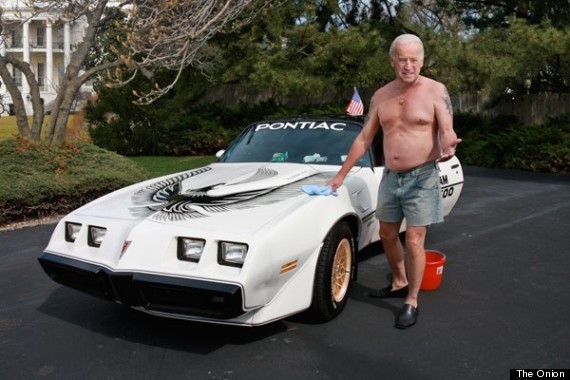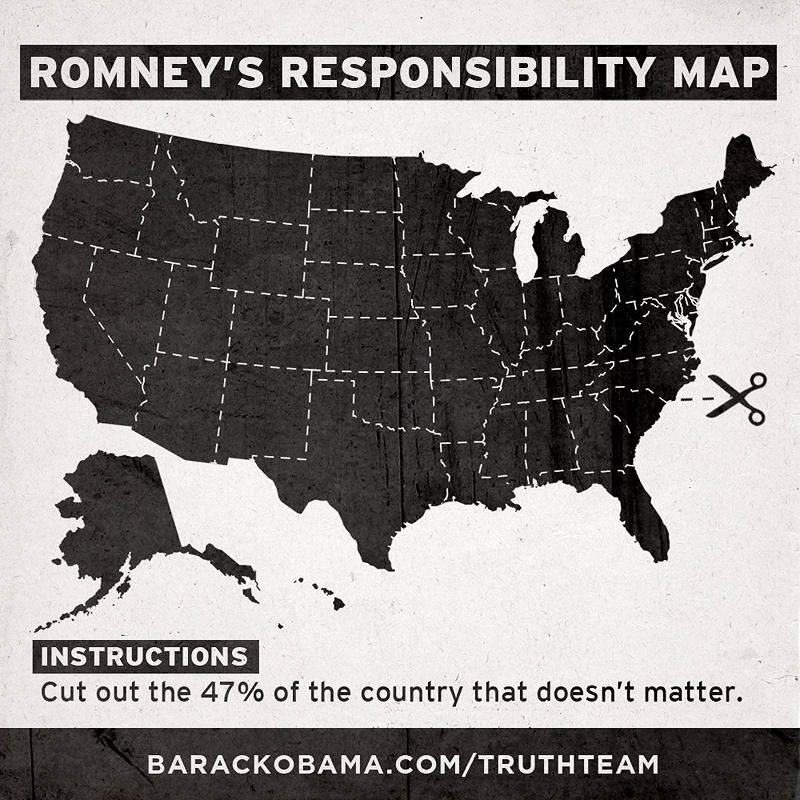Standing in front of a tapestry replica of Picassos Guernica, she was testy, brittle, and, above all, unpersuasive failing to demonstrate the most elementary political skills, much less those learned at Toastmasters or Dale Carnegie. She read her prepared remarks like a high-school student, marvels Frank Luntz, the Republican pollster whos been a close observer of Clinton for more than two decades. She looked down at her notes, then she looked up to the left, down at her notes, then up to the right. Almost the entire time, she avoided making eye contact with anyone. A prominent Democratic operative is still horrified by the spectacle. She came off as defensive and artificially put-off, he says. Another Democratic operative says, Im a huge Hillary Clinton fan. I hope desperately shes the next president of the United States, because I think shed be a great president. But after that press conference, I do have major concerns about her ability as a campaigner and to get elected.
The performance made a host of other recent Clinton missteps seemingly minor at the time suddenly loom larger in the minds of anxious Democrats. There was her strangely vapid Foggy Bottom memoir, Hard Choices, which racked up middling sales, and her obvious rust in the interviews she did to promote it. There was her continued buck-raking on the paid-speaking circuit, which seemed tone-deaf, if not downright greedy, for someone about to embark on a presidential campaign. And there was her hard-to-figure delay in assembling a staff for the campaign, so that, when news of the hidden emails broke, she had no infrastructure to defend her and instead had to rely on a hodgepodge of veteran freelancers like James Carville and Lanny Davis, whose reappearance made the latest Clinton scandal feel exhaustingly familiar. Democrats may be constitutionally prone to hysteria, but even so, the whiplash of these few weeks has been notable. Now, days before Clintons official announcement that she is, once again, in it to win it, some in her party are on edge.
Pat Buchanan, the venerable Republican operative who advised Richard Nixon and Ronald Reagan, likes to assess politicians as political athletes. Putting aside ideologies, policy preferences, even personalities, how do they perform on the political playing field? Its charisma, charm, savvy, he says. Being a political athlete is having an extra dimension its not learned; youre born with it. In Buchanans long career, the greatest political athletes hes encountered have been John F. Kennedy, Reagan, Bill Clinton, and Barack Obama. Theyre naturals: Roy Hobbs or Mickey Mantle, he says. Hillary, in Buchanans view, is the furthest thing from a natural: Shes like Pete Rose, who has to grind out every hit.
The grind can be obvious watching Clinton on the campaign trail. In her two successful Senate races and her unsuccessful presidential run in 2008, she often struggled to exhibit the basic qualities required of politicians. Lets remember who shes beaten in her career: Rick Lazio and John Spencer, says a Democratic consultant who has worked for and against Hillary. The only time shes run against anyone decent, shes lost. Where most pols project warmth, she often runs cold. Her speeches can be leaden and forced. She tightens up in unscripted moments.
Above all, she bristles at what the public and the press now want most from politicians: authenticity. As she said in a press-conference soliloquy during her 2000 Senate campaign,  Who are you? and all of that. I dont know if that is the right question. Even people you think you know extremely well, do you know their entire personality? Do they, at every point youre with them, reveal totally who they are? Of course not. We now expect people in the public arena to somehow do that. I dont understand the need behind that.
Shes a schemer and a planner and a plodder, says the GOP consultant Rick Wilson, who worked for Rudy Giuliani during his aborted 2000 Senate campaign against Clinton. You need people like that in politics, but most of the time they end up as campaign strategists, not candidates. Buchanan is more blunt: She reminds me of Nixon.
In 1998, when Clinton was first thinking about running for the Senate, she sought the advice of her and her husbands longtime adviser Harold Ickes. According to Jeff Gerth and Don Van Natta Jr.s Her Way, the pair were deep into their meeting having pored over a map of New York and discussed the myriad local issues she would have to grasp when a thought suddenly occurred to Ickes. I dont even know if youd be a good candidate, Hillary, he told her. Nearly two decades later, we still dont know.










